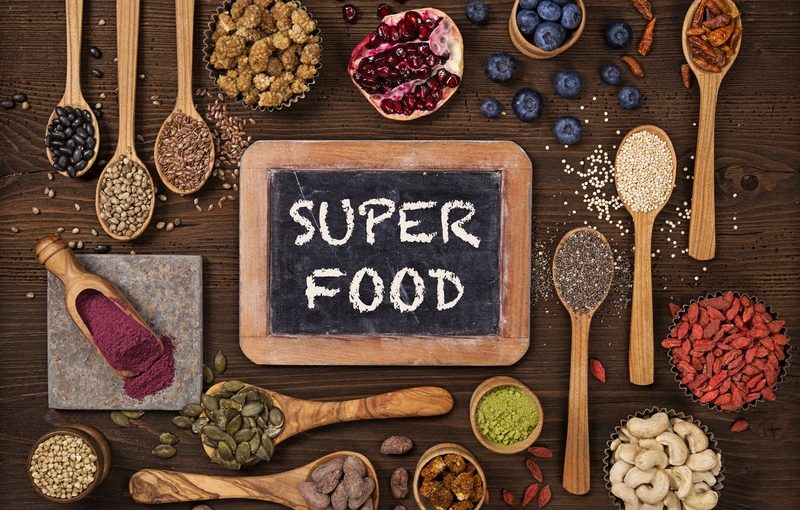Incorporating nutrient-dense foods into your daily meals can significantly enhance overall health and well-being. These foods, often referred to as “superfoods,” are natural, minimally processed items rich in vitamins, minerals, antioxidants, and other essential nutrients. Regular consumption of such foods can support various bodily functions, boost energy levels, and reduce the risk of chronic diseases.
Understanding Nutrient-Dense Foods
Nutrient-dense foods are those that provide substantial amounts of vitamins, minerals, and other beneficial compounds with relatively few calories. Examples include berries, leafy greens, nuts, seeds, fatty fish, whole grains, legumes, and certain teas. These foods are celebrated for their potential to promote heart health, improve digestion, enhance cognitive function, and strengthen the immune system.
Integrating Nutrient-Dense Foods into Daily Meals
Incorporating these foods into your diet can be both simple and enjoyable. For instance, adding a handful of berries to your morning cereal or yogurt can provide a sweet flavor along with antioxidants and fiber. Including leafy greens like spinach or kale in salads, smoothies, or as side dishes can boost your intake of vitamins A, C, and K. Snacking on nuts and seeds offers healthy fats and protein, while fatty fish such as salmon or mackerel can serve as hearty main courses rich in omega-3 fatty acids. Whole grains like quinoa or oats can be used as bases for various dishes, and legumes like beans and lentils can be added to soups and stews for added protein and fiber. Additionally, enjoying a cup of green tea provides antioxidants that support overall health.
Practical Tips for Incorporation
To effectively integrate these foods into your meals, consider the following strategies:
- Start Small: Begin by adding one or two nutrient-dense foods to your meals each week. This gradual approach allows you to adjust to new flavors and textures.
- Diversify Your Diet: Aim for a variety of these foods to ensure a broad spectrum of nutrients. Eating a colorful plate is a simple way to achieve this.
- Plan Ahead: Prepare meals and snacks that include these foods in advance. Having healthy options readily available makes it easier to make nutritious choices.
- Experiment with Recipes: Explore new recipes that feature nutrient-dense foods. For example, try making a smoothie with spinach, berries, and chia seeds, or a quinoa salad with mixed vegetables and nuts.
- Be Mindful of Portions: While these foods are nutritious, it’s important to consume them as part of a balanced diet. Overeating any food, even healthy ones, can lead to unintended health issues.
Conclusion
Incorporating nutrient-dense foods into your daily meals is a natural and effective way to enhance your diet with essential nutrients that support overall health. By understanding what these foods are and how to incorporate them into your meals, you can take proactive steps toward a healthier lifestyle. Remember, the key to optimal health lies in a balanced and varied diet, complemented by regular physical activity and healthy lifestyle choices.
